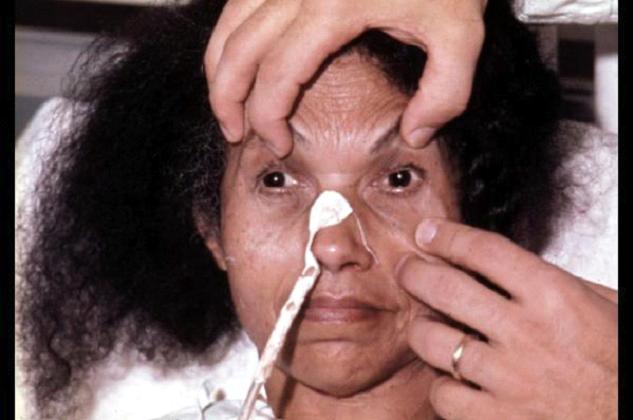Botulism Symptoms, Causes, Diagnosis and Treatment

What Is Botulism?
It is a rare, but life – threatening illness. Botulism is instigated by toxins produced by Clostridium botulin, a type of bacteria and arises in numerous forms, wherein three of its main forms include:
1. Wound botulism: the bacteria enter through an open wound. They source a serious infection that makes the toxin.
2. Foodborne botulism: Clostridium botulin flourish and make the toxin in specific environments where oxygen is less, for example canned foods.
3. Infant botulism: the form starts after bacterial spores tend to grow in the intestinal tract of a baby. Usually, the form occurs in babies between 2-6 months of ages.
All forms of botulism can be life-threatening and needs immediate medical assistance.
What Causes Botulism?
- Infant botulism: after consuming bacteria’s spores, babies between 2-6 months of ages get the specific form of botulism. The bacteria then grow in the intestinal tract of the baby where they reproduce, whilst make toxins. Infant botulism is likely to be caused by honey; however exposure to contaminated soil may also serve as the basis to trigger infant botulism.
- Foodborne botulism: Typically, the form is instigated by consuming home-canned foods.
- Wound botulism: the bacteria enter through a wound that is possibly occurred due to an injury. They then tend to reproduce and make toxin.
What Are The Symptoms Of Botulism?
After being exposed to the bacteria responsible for causing botulism, symptoms often emerge after eight to thirty four hours. Clearly, the infection does not root fever!
In adults, few common symptoms of botulism are:
- Vomiting.
- Nausea.
- Double vision.
- Difficulty speaking and swallowing.
- Breathing difficulty which can result in respiratory failure.
- Abdominal cramps.
- Weakness with paralysis.
In infants, few common symptoms are:
- Weak cry.
- Respiratory distress.
- Drooling.
- Constipation.
- Poor feeding.
- Loss of muscle tone.
- Weakness.
How Is Botulism Diagnosed?
During the visit, the doctor will perform a through physical exam. Wherein he or she can notice:
- Reduced or absent tendon reflexes and gag reflex.
- Loss of muscle function.
- Eyelid drooping.
- Speech impairment.
In case of doubt, the doctor can suggest:
- Stool culture.
- Blood tests in order to identify the toxin.
- Lab tests of the suspected food.
How Is Botulism Treated?
Botulinus antitoxin is a medicine your doctor can prescribe in order to make your body fight against the toxin made by bacteria. In case of breathing difficulties, the patient is admitted in the hospital, where he or she is provided oxygen by placing a tube through the mouth or nose into the windpipe. Breathing machine can also be needed by the patient.
People with swallowing difficulties are given fluids intravenously. A feeding tube can also be placed. At times, patients are prescribed with antibiotics; however they may not help in other cases.
What Is The Prognosis Of Botulism?
Treatment pursued on immediate basis can help minimize the risk of death to a considerable level.
By : Natural Health News




